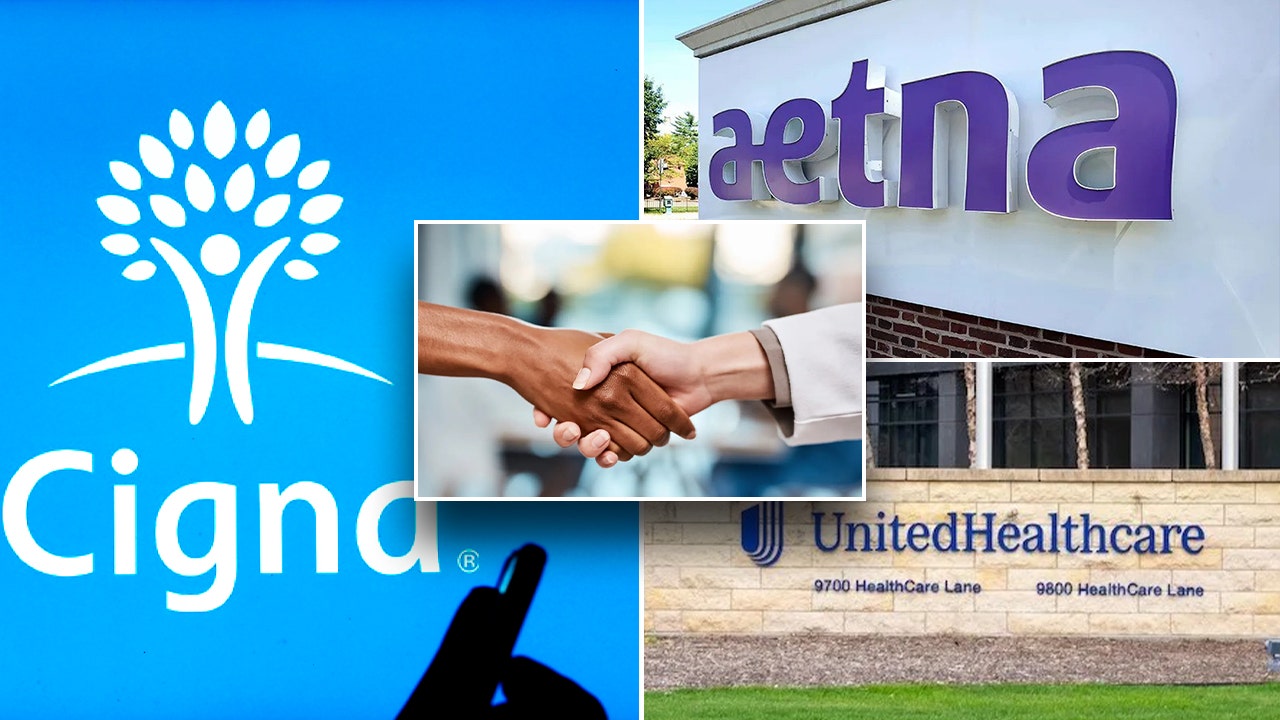Major Health Insurers Commit to Streamlining Prior Authorization, Boosting Patient Care – A Win for Americans?

In a significant move aimed at improving patient access to care and reducing administrative burdens, a coalition of health insurers representing approximately 75% of U.S. patients has signed a pledge to reform their prior authorization processes. This industry-led initiative, spurred by ongoing concerns over delays and denials impacting patient treatment, promises to bring much-needed changes to a system often criticized for its complexity and inefficiency.
What is Prior Authorization and Why Does It Matter?
Prior authorization (PA) is a process where healthcare providers must obtain approval from an insurance company before a patient can receive a specific treatment, medication, or procedure. While intended to control costs and ensure appropriate care, the current system often creates frustrating roadblocks for patients and providers alike. Lengthy approval times, cumbersome paperwork, and frequent denials can delay vital treatments, leading to worsened health outcomes and increased patient anxiety.
The Pledge: Key Commitments and Expected Changes
The pledge, announced this week, outlines several key commitments from participating health insurers. These include:
- Simplifying the Process: Reducing paperwork and streamlining online portals to make it easier for providers to submit requests.
- Expediting Turnaround Times: Committing to faster decision-making, aiming for approvals within 24-72 hours for urgent cases.
- Increased Transparency: Providing clearer explanations for denials and offering opportunities for appeal.
- Adopting Standardized Forms: Moving towards standardized forms across different insurance plans to reduce confusion and administrative overhead.
- Leveraging Technology: Exploring and implementing technologies like artificial intelligence to automate parts of the prior authorization process.
Impact on Patients and Providers
The potential benefits of these reforms are substantial. Patients could experience quicker access to necessary treatments, reduced stress, and improved overall health outcomes. Healthcare providers would benefit from reduced administrative burdens, allowing them to focus more on patient care. The streamlined process is expected to improve efficiency and potentially lower healthcare costs in the long run.
Challenges and Concerns
While the pledge represents a positive step, challenges remain. The success of the initiative will depend on the insurers' willingness to fully implement the commitments and to ensure accountability. Furthermore, the pledge is voluntary, meaning that insurers not participating will continue to operate under their existing, potentially cumbersome, prior authorization processes. Critics argue that more robust regulatory oversight is needed to guarantee meaningful change.
Looking Ahead
The push for prior authorization reform is gaining momentum, with bipartisan support in Congress and increasing pressure from patient advocacy groups. This industry pledge signals a growing recognition of the need to address the inefficiencies of the current system. Whether it will truly deliver on its promises remains to be seen, but it marks a crucial step towards a more patient-centered healthcare system. The impact of this pledge will be closely monitored in the coming months and years, with stakeholders hoping to see tangible improvements in patient care and reduced administrative burdens for providers.






